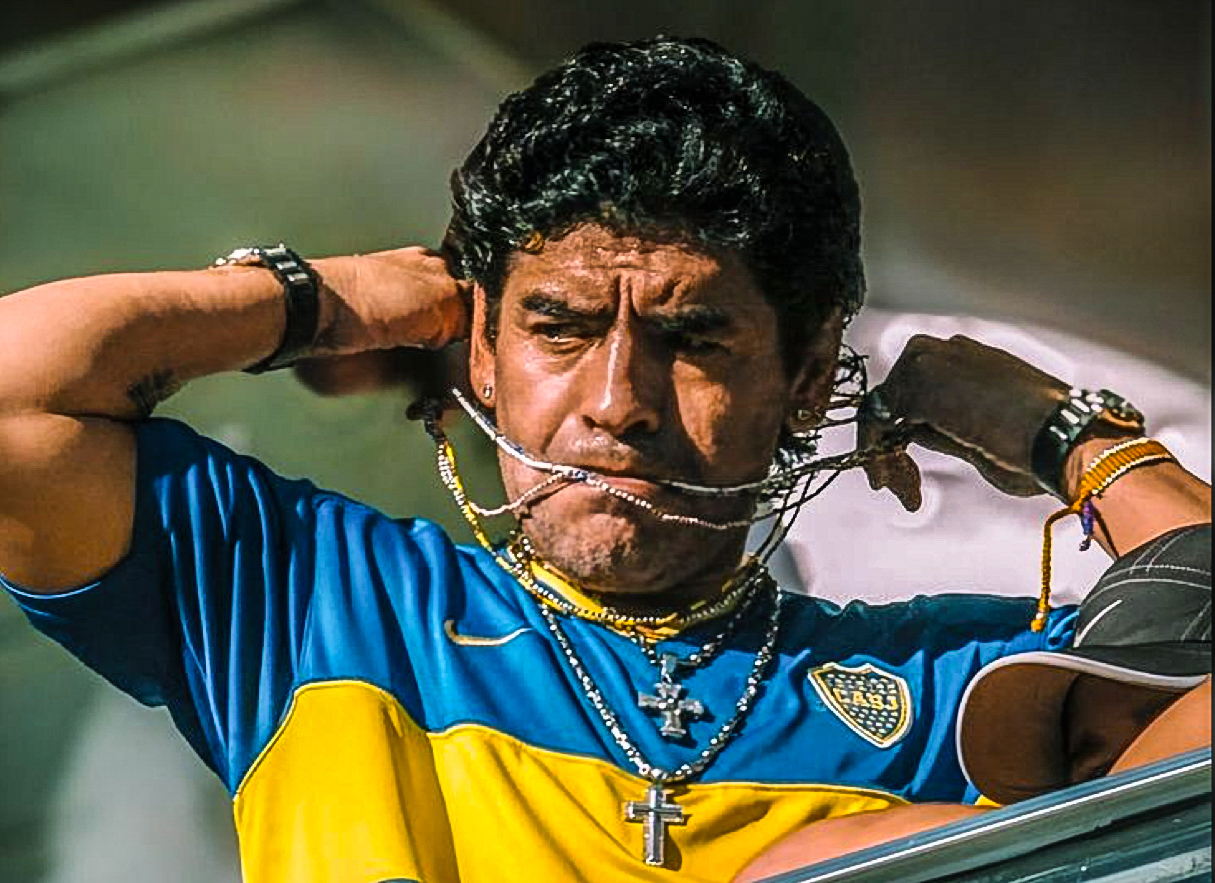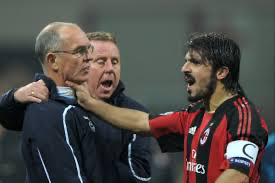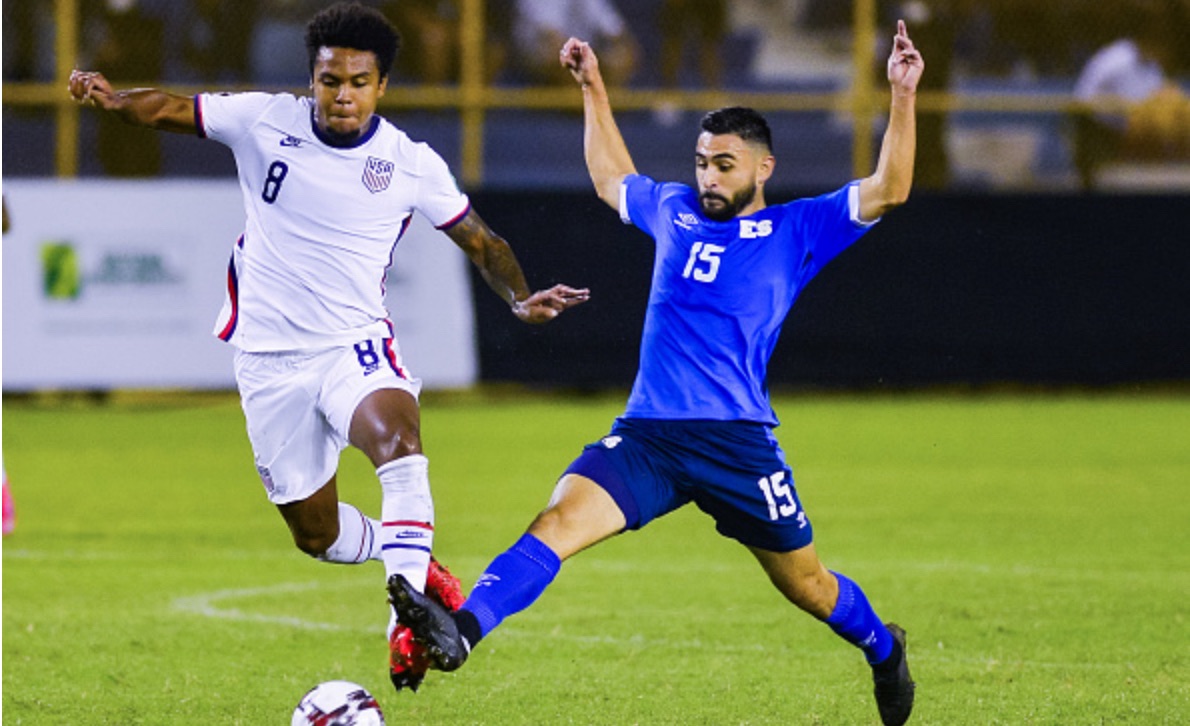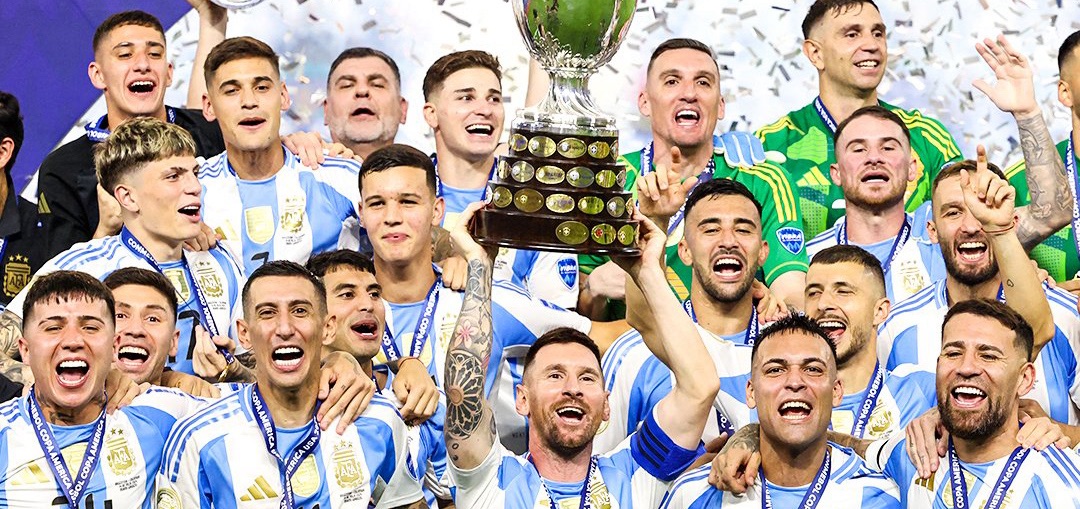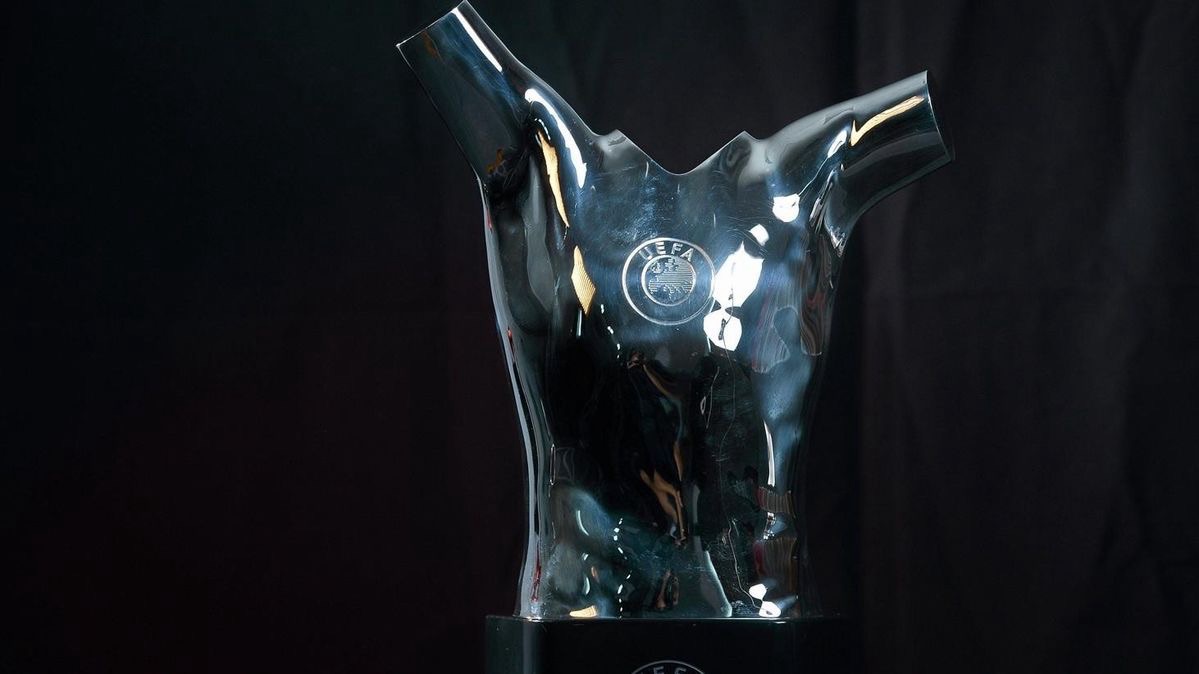Playmakers are the heartbeat of any football team. They dictate the tempo of the game, transition play from defence to attack, and create countless opportunities for their teammates to score.
The ideal playmaker is a master of technique, possessing attributes such as vision, passing precision, elegance, balance, flair, creativity, and an exceptional ability to control the ball. While playmakers are often mistaken for attacking midfielders who primarily operate in the No. 10 role, the truth is that playmakers can come from various positions. From deep-lying midfielders to wide creators or even false nines, these players influence games in unique ways.
Playmakers may not always excel defensively, which is why their skills are often complemented by the presence of a defensive midfielder. Over the years, some of football’s most legendary players have excelled in this role, making it a challenging task to identify the top ten.
Here’s a list of the greatest playmakers in football history.
10. Cesc Fàbregas
Cesc Fàbregas was one of the finest playmakers of his era. As a young captain at Arsenal, he showcased his exceptional vision and ability to dictate games with his passing.
Throughout his career, Fàbregas thrived in creative roles, setting up countless goals with his quick thinking and deft touches. His consistency in providing assists and unlocking defences earned him a reputation as one of the best playmakers in football history.
9. Andrea Pirlo
Andrea Pirlo was the archetype of a deep-lying playmaker. His vision, passing range, and composure on the ball allowed him to control matches from midfield.
Pirlo’s free-kick ability and knack for splitting defences with precise through balls made him one of the most creative players of his generation. Despite lacking pace, he compensated with his footballing intelligence and tactical awareness.
8. Andrés Iniesta
Few players in history have displayed the poise and elegance of Andrés Iniesta. Known for his balance, close control, and ability to find space in tight situations, Iniesta was the creative engine for both Barcelona and Spain.
Iniesta was a big-game player, delivering iconic moments such as his assist in the 2009 Champions League final and his winning goal in the 2010 World Cup final. He remains the only player to have won the Man of the Match award in a World Cup, Euro, and Champions League final.
7. Michel Platini
Michel Platini was a midfield maestro renowned for his passing, creativity, and intelligence. He could dictate play from deep positions while also contributing significantly to his team’s goal tally.
Platini’s ability to score from free-kicks and penalties, combined with his playmaking prowess, made him a dual threat. As a three-time Ballon d’Or winner, he is widely regarded as one of the greatest footballers of all time.
6. Alfredo Di Stefano
Alfredo Di Stefano was a dynamic player who could excel in multiple roles, including as a playmaker. His vision, creativity, and tactical awareness made him the linchpin of Real Madrid’s dominance in the 1950s and 1960s.
Di Stefano’s versatility allowed him to influence matches from all areas of the pitch. A natural leader, he orchestrated attacks, scored crucial goals, and guided his teammates to victory in five consecutive European Cups.
5. Johan Cruyff
Johan Cruyff was not just a phenomenal player but also one of football’s most influential thinkers. As a playmaker, he combined technical skill, vision, and intelligence to orchestrate attacks with precision.
Cruyff’s ability to read the game and anticipate opponents’ moves was second to none. He could control the tempo of a match and had an innate understanding of when to speed up or slow down play. His legacy extends beyond his playing days, as his philosophy shaped modern football.
4. Zinedine Zidane
Zinedine Zidane was a natural playmaker who thrived in a free role behind the striker. Renowned for his elegance, close control, and pinpoint passing, Zidane could dictate the tempo of any match.
His ability to deliver in crucial moments, such as the 1998 World Cup final and the 2002 Champions League final, earned him legendary status. Zidane’s technical brilliance and vision made him one of the most admired playmakers of all time.
3. Pelé
Primarily regarded as a striker, Pelé’s playmaking talents often go overlooked. However, his vision, creativity, and passing ability made him just as effective in a deeper role.
Known for his dribbling and teamwork, Pelé often dropped deep to initiate attacks and set up teammates. These qualities, combined with his footballing intelligence, established him as one of the most well-rounded players in the history of the game.
2. Diego Maradona
Diego Maradona epitomised the classic No. 10 role, combining exceptional dribbling, vision, and ball control with an uncanny ability to create chances for his teammates.
Standing at just 5’5”, his low centre of gravity allowed him to manoeuvre past defenders effortlessly. Maradona’s passing accuracy and creativity were unmatched, and he had the ability to thread the ball through the tightest defensive lines.
Beyond his playmaking, he was also a free-kick specialist and an exceptional goalscorer. Maradona’s crowning moment came in the 1986 World Cup, where he led Argentina to glory, cementing his place in football folklore.
1. Lionel Messi
While Lionel Messi is best known for his incredible goalscoring record, his ability as a playmaker is equally outstanding. His extraordinary vision, passing range, and knack for creating opportunities out of nowhere make him a standout in this role.
Messi’s dribbling ability, especially during counterattacks, was a key aspect of his game early in his career. As he matured, he began to influence games from deeper positions, becoming one of football’s most creative forces.
He holds numerous assist records, including the most in La Liga (192), the Copa América (19), and football history (381).
Honourable Mentions:
Zico, Ronaldinho, Dennis Bergkamp, Michael Laudrup, Sócrates, Xavi, Luka Modric, Kevin De Bruyne, Lothar Matthäus, Didi, and Juan Román Riquelme
